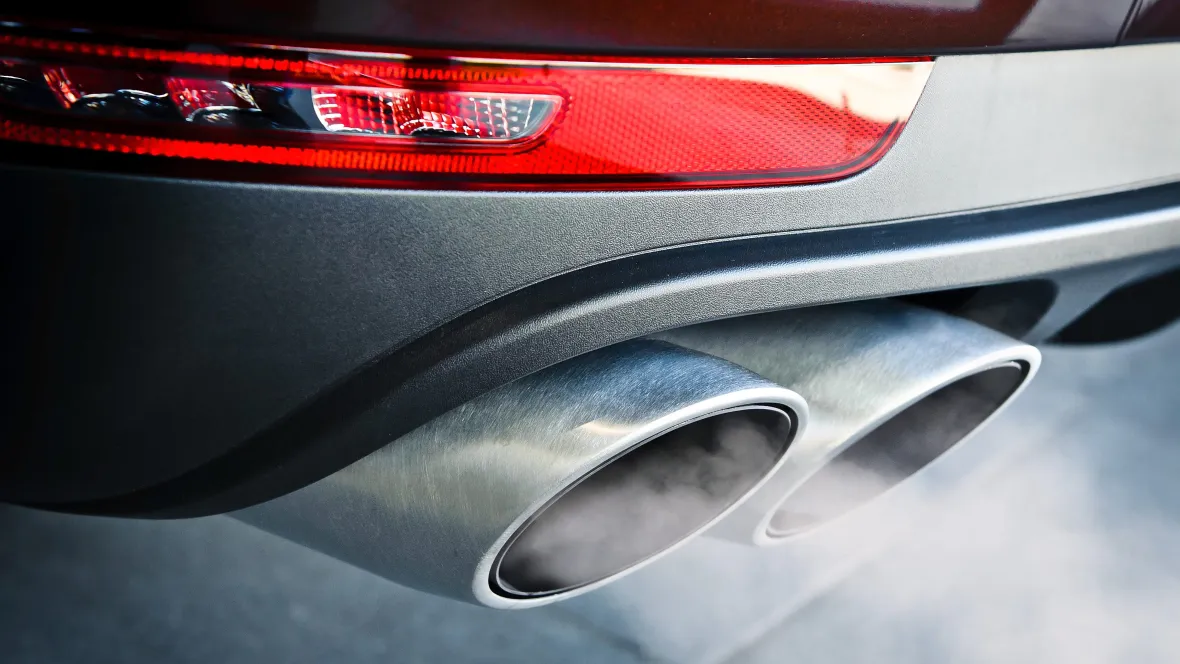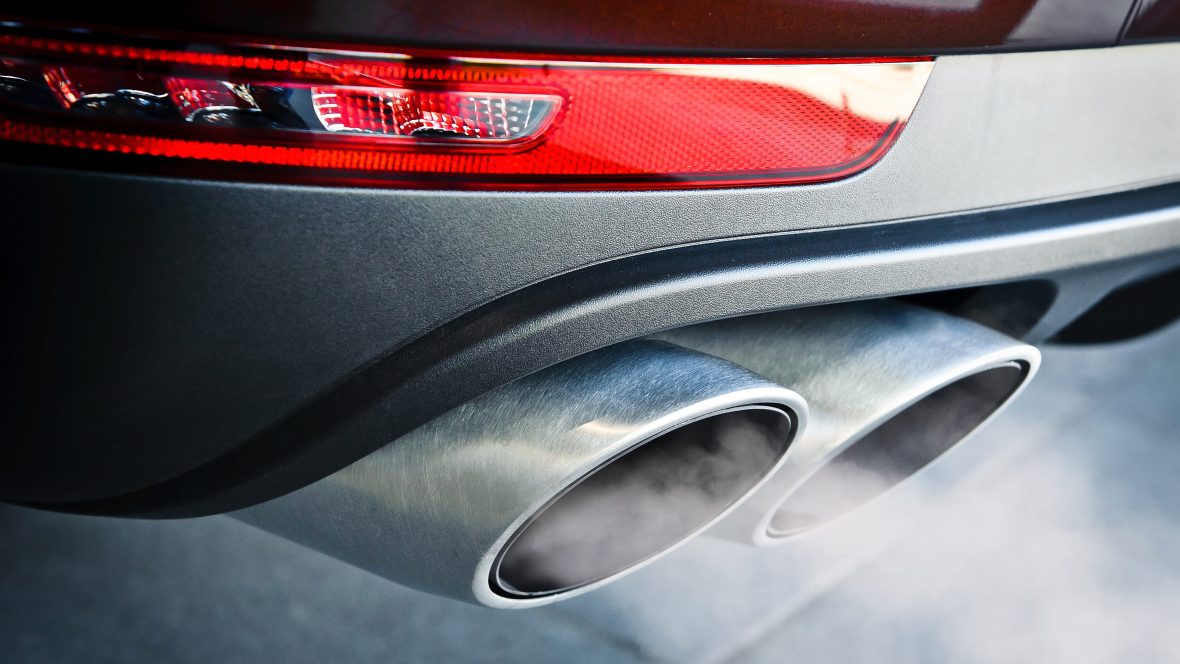Car exhaust could be linked to autism, a developmental disorder increasingly diagnosed in Black children

A new study has found that toxins in the air could be linked with an increased risk of developing autism spectrum disorder.
Exposure to car exhaust in utero or in the early stages of childhood development could be causing autism, a new study has found.
According to a study published Tuesday, Nov. 12, in the journal Brain Medicine, exposure to nitric oxide (NO) — which is produced when fuel is burned — while a mother is pregnant or in the first few months of life could pose a “significant risk” of a child developing autism spectrum disorder (ASD).
“NO is a common air pollutant produced mainly by vehicle emissions and the combustion of fossil and industrial fuels. Exposure to NO and its derivative NO2 during pregnancy and early childhood can disrupt normal brain development,” wrote the study’s authors.
The authors added that “the timing of its exposure is crucial.”
According to the researchers, exposure to these pollutants during pregnancy and early developmental stages of life “poses a significant risk of ASD since these periods are essential for brain development.”
The study also found that those who have a family history of ASD or in their genetic code could be at an increased risk for the condition, which impacts how individuals communicate, learn, interact, and behave.
It isn’t just car exhaust, either. The study examined other air pollutants, including ozone, fine particles, and other emissions, and found that all of these toxins combined increased the risk of developing autism.
Benzene in particular was cited for being “a volatile organic compound commonly found in vehicle emissions, industrial processes, and tobacco smoke” that, combined with NO2, could also increase the risk of ASD.
Air pollutants have the ability to promote the development of ASD because they cause inflammation. Experiencing neuroinflammation caused by NO exposure over a prolonged period of time can “influence” brain activity associated with social and cognitive functions, which ASD typically impairs.
“Air pollution exposure during pregnancy can activate the mother’s immune system, leading to inflammation and altered fetal brain development,” the authors wrote, adding, “Elevated concentrations of inflammation-related cytokines in maternal serum in utero and children during their early life are associated with worse neurodevelopmental outcomes.”
While nearly 40% of Americans live without healthy air, autism disproportionately impacts Black and Hispanic children in the U.S. The condition is also on the rise in this country.
According to the Centers for Disease Control and Prevention, 1 in 36 children have been diagnosed with ASD — an increase from 1 in 44 just two years prior. Overwhelmingly, the condition continues to impact boys over girls, though it’s also been determined that girls tend to be diagnosed with ASD later in life.
For generations, it appeared as though white children developed the condition at higher rates than others, but in recent years, those odds have changed as more and more Black and brown families gain access to quality healthcare and earlier diagnoses.
As more and more Black families embrace life with an autistic family member, several organizations have cropped up to help spread awareness, advocate, and provide support. These organizations include The Color of Autism, which connects families with culturally competent support and care; Autism in Black, which offers educational and advocacy services to Black parents raising autistic children; and the Black Autism Support Society, which aims to close the gaps in support for the Black community.
More must-reads:
- After a contentious and emotional election, what now? The ‘Joy Lady’ Tracey Michae’l Lewis-Giggetts weighs in
- Get post-election stress support from LeBron James, John Legend, Erykah Badu and more through meditation apps
- Singer Shanice reveals breast cancer journey, urges others not to skip mammograms; ‘If you can get there early, you’ll live’

